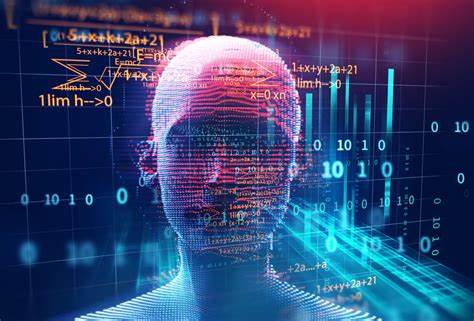Artificial Intelligence: A Groundbreaking Technology Development
The development of artificial intelligence (AI) has been a journey marked by significant milestones and rapid advancements since its inception. The roots of AI can be traced back to the mid-20th century, when pioneers such as Alan Turing and John McCarthy laid the theoretical groundwork. Early AI systems focused on rule-based programming and symbolic reasoning, attempting to simulate human intelligence through logical inference and decision-making processes. However, progress was initially slow due to limitations in computing power and the complexity of modeling human cognition.

The field gained momentum in the 21st century with the advent of machine learning techniques, particularly neural networks and deep learning. Companies like Google, Facebook, Microsoft, and IBM emerged as key players in the AI race, investing heavily in research and development. Google's DeepMind, for instance, made headlines with its AlphaGo program defeating human champions in the ancient game of Go, showcasing AI's potential to surpass human capabilities in specific domains.
Present-day AI applications span a wide range of industries and functions, from natural language processing and computer vision to autonomous vehicles and healthcare diagnostics. Companies continue to push the boundaries of AI with innovations in reinforcement learning, generative models, and AI-driven robotics. AI's impact on society is profound, influencing everything from personalized recommendations on social media to optimizing supply chains and predicting weather patterns.
Looking ahead, the future aspirations of AI are ambitious and multifaceted. Researchers aim to create AI systems that not only excel at specific tasks but also exhibit broader cognitive abilities, such as reasoning, creativity, and emotional intelligence. Ethical considerations around AI's deployment, including privacy concerns and algorithmic bias, remain critical areas of focus. As AI technologies become more integrated into daily life, the quest for responsible and beneficial AI development continues, balancing innovation with societal well-being and ethical standards. The evolution of AI promises to reshape industries, redefine human-machine interactions, and potentially unlock new frontiers in scientific discovery and problem-solving on a global scale